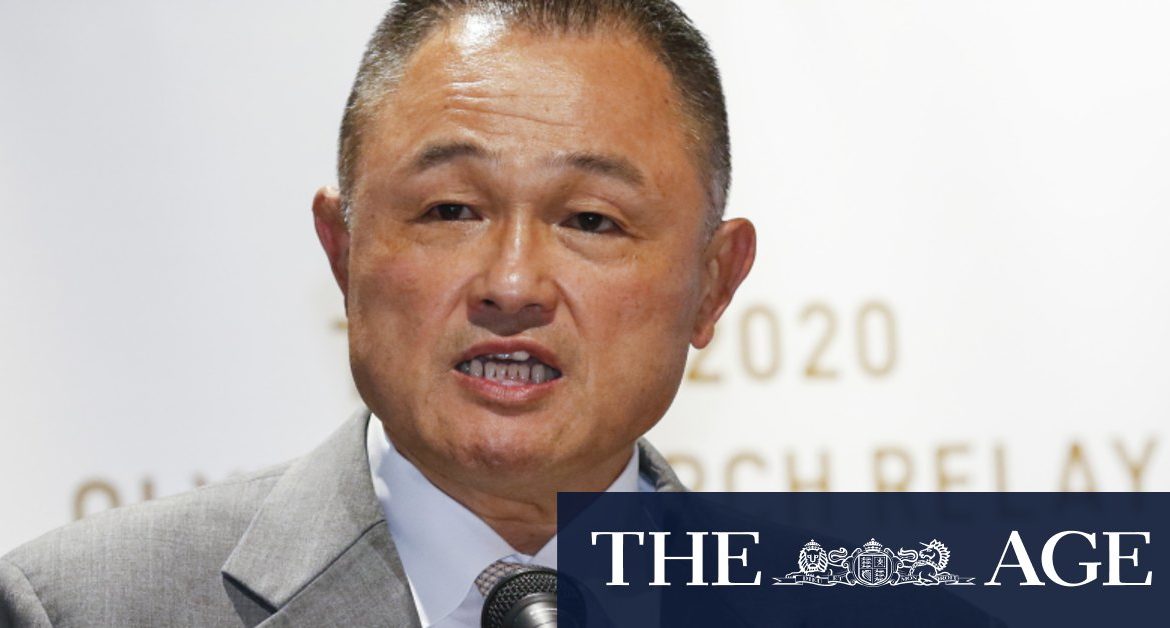John Coates, the Australian Olympic Committee president told The Age and Sydney Morning Herald plans for the Tokyo Games are “proceeding fully”, saying there had been no discussion among organisers about another postponement or cancellation.
Loading
Last year, the Japanese government had been pinning its hopes on a coronavirus vaccine to help make the Olympics safer, but more recently Prime Minister Yoshihide Suga has said vaccinations were not a prerequisite for athletes to participate in the Games.
Yamashita, a gold medallist in judo at the 1984 Olympics, shied away from commenting on how the JOC planned to communicate with Japanese athletes about inoculations.
“It’s a decision for the government to make. It’s not for the JOC to decide,” he said, adding that he couldn’t give a definitive timeline given that the vaccines were not being distributed yet.
Yamashita himself knows what it feels like to miss out on the Olympics, as he could not participate as an athlete in the boycotted 1980 Moscow Olympics.
“I realised that I might have been the luckiest one of the athletes who missed out on the Moscow Olympics,” he said, as he went on to win gold in Los Angeles four years later.
International Olympic Committee President Thomas Bach, right in Tokyo in November. Japanese Olympic Committee President Yasuhiro Yamashita is at left. Credit:AP
“There must be people who are still hurt from having their once-in-a-lifetime opportunity taken from them,” he said, explaining the reasoning behind his push to include such former athletes in the torch relay for Tokyo 2020.
“I just felt it was my responsibility as a human being to make sure that they could take part in this Olympics, in some way or form,” he added.







